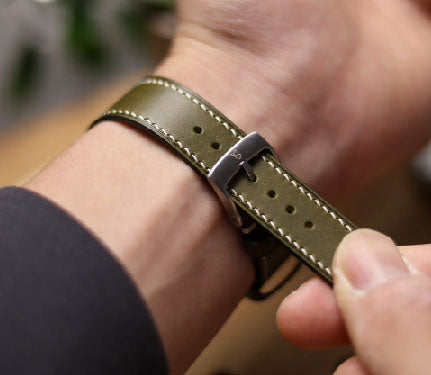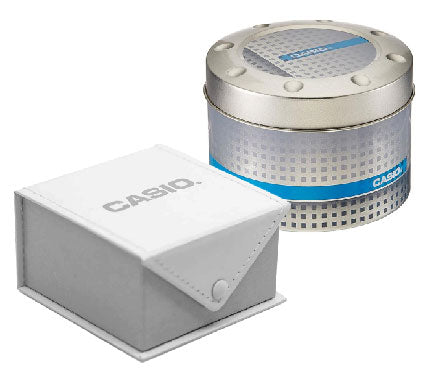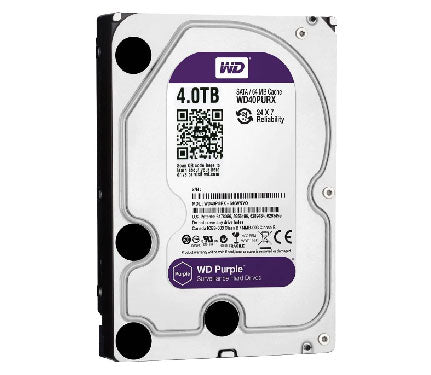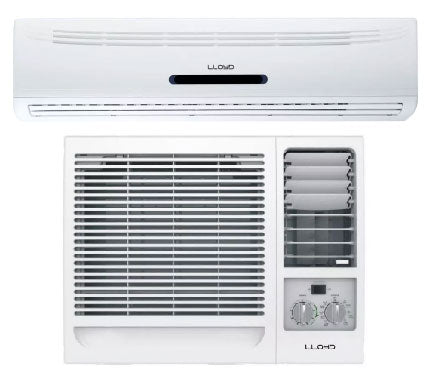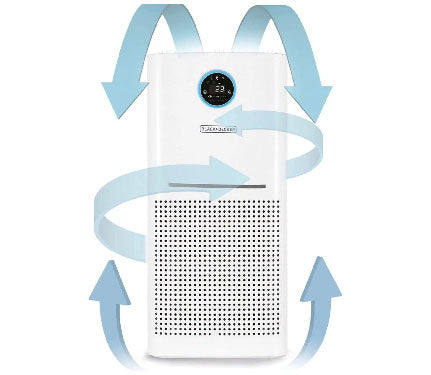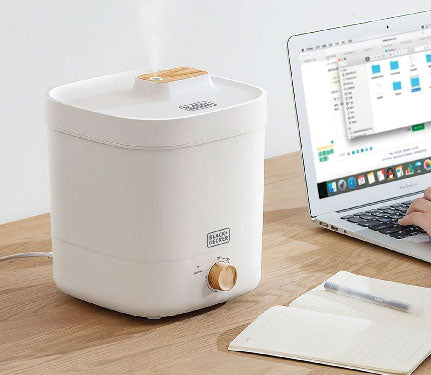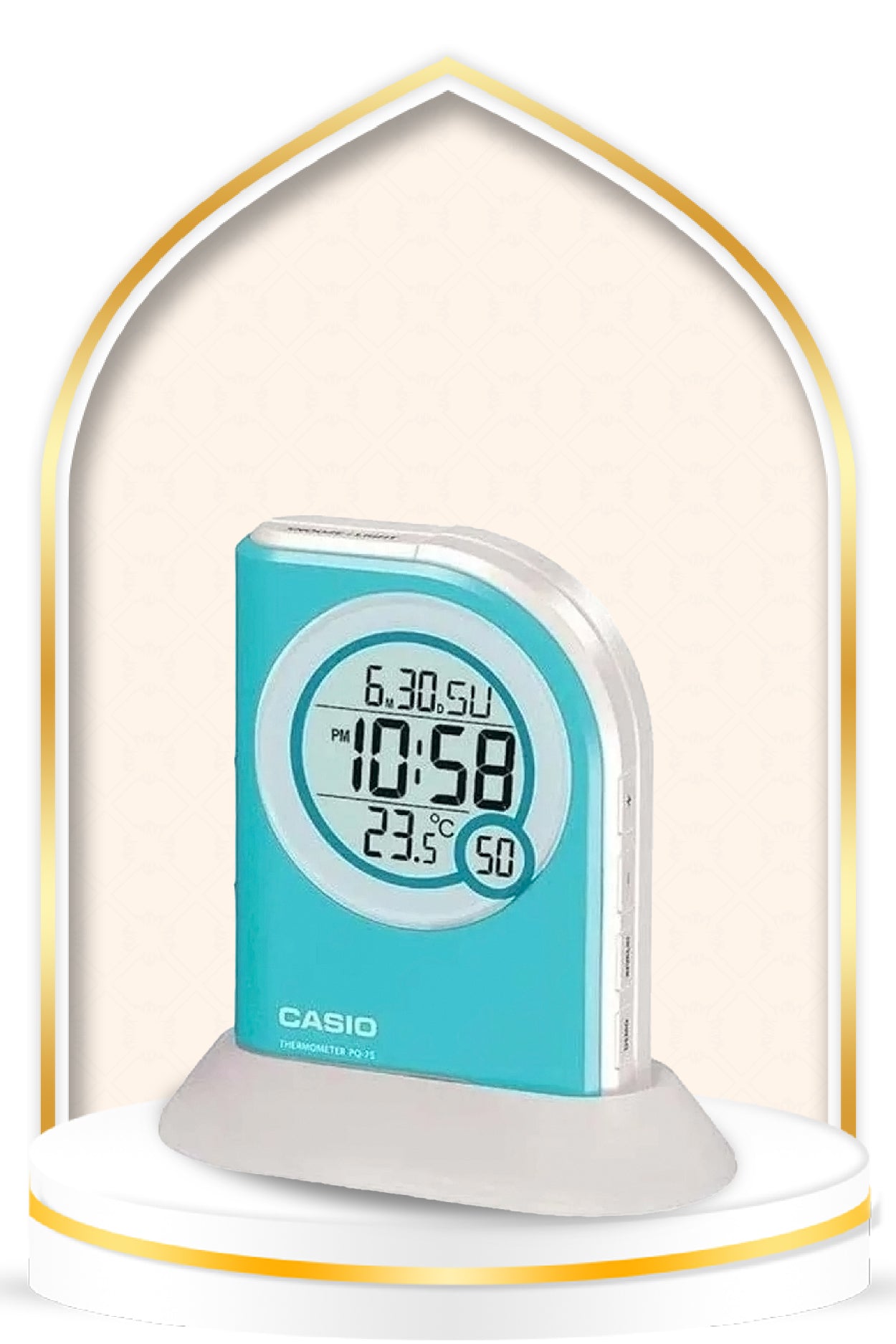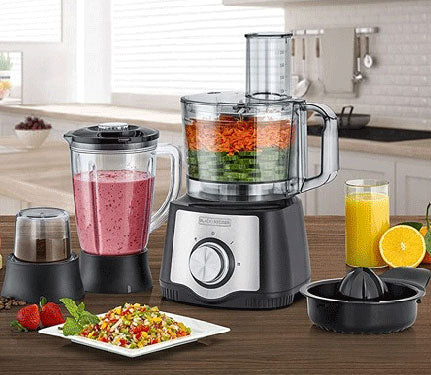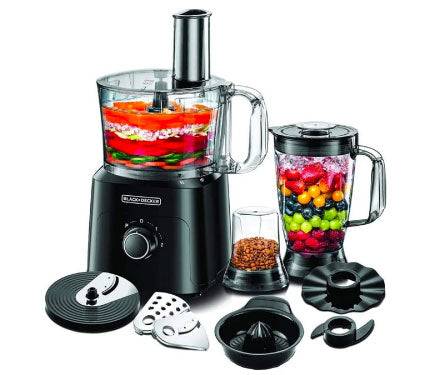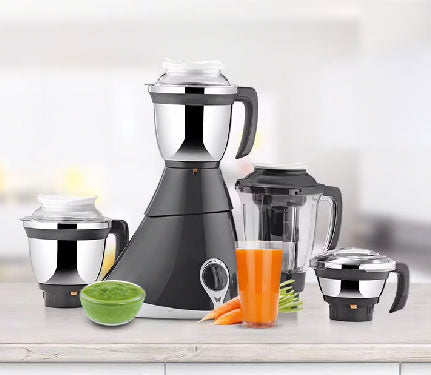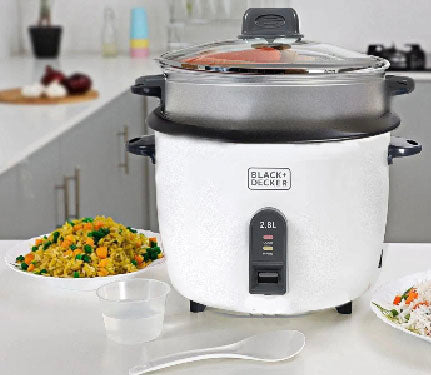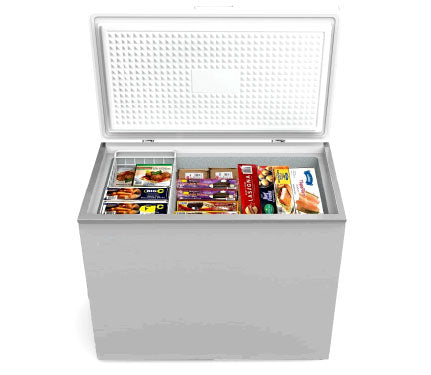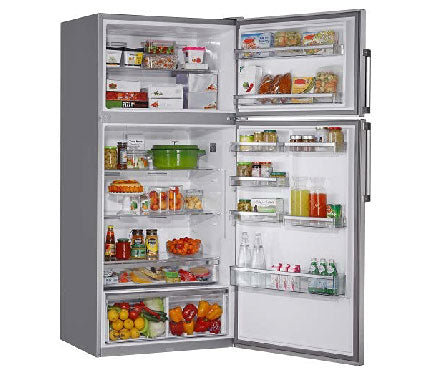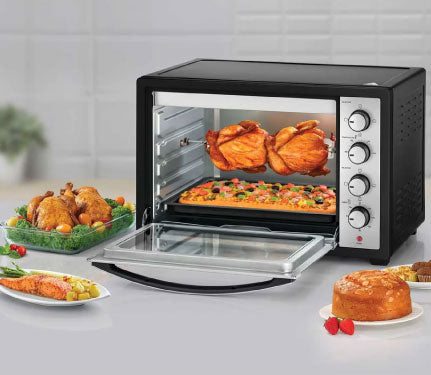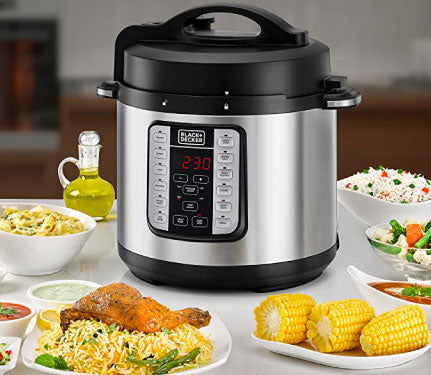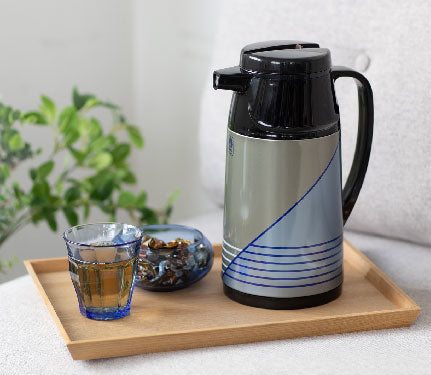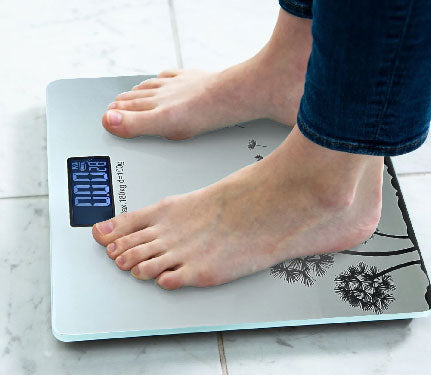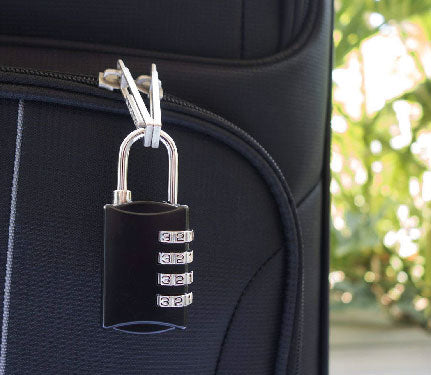TIPS ON STAYING HEALTHY THIS RAMADAN

Fasting during Ramadan is an opportunity for self-discipline and purification of the soul. However, it’s crucial to maintain a healthy lifestyle during this period to ensure your well-being.
With the right approach to nutrition, hydration, exercise, and medication management, you can ensure a fulfilling and healthy fasting experience. In this article, we give you our top tips to help you stay healthy while observing the traditions of Ramadan.
Hydrate, Hydrate, Hydrate

Maintaining proper hydration is crucial during Ramadan, especially when fasting for long hours. Dehydration can lead to fatigue, dizziness, and other health complications.
Here are some tips to ensure you stay hydrated:
-
Drink Plenty of Water: Make sure you drink an adequate amount of water when you’re not fasting. It’s recommended to consume at least 8–10 glasses of water between Iftar and Suhoor. Start your Iftar with a couple of glasses of water to replenish your body’s fluid levels.
- Hydrating Foods: Incorporate hydrating foods into your meals to supplement your water intake. Fruits and vegetables with high water content, such as watermelon, cucumber, and oranges, can help keep you hydrated throughout the day
Limit Caffeinated and Sugary Drinks

Limit the consumption of caffeinated drinks such as coffee, tea, and soda. These drinks can increase urination and contribute to dehydration. Instead, consider drinking herbal teas or decaffeinated alternatives.
Fizzy drinks that contain high amounts of sugar add unnecessary calories to your diet. Opt for healthier alternatives like infused water, herbal teas, or unsweetened fruit juices.
Eat Balanced Meals

Maintaining a balanced diet during Ramadan is crucial for optimal body function.
Consider these key points:
-
Include foods from all major food groups in your meals to ensure a well-rounded and balanced diet. This includes carbohydrates, proteins, healthy fats, fruits, and vegetables.
-
It’s best to go for complex carbs like whole grains, legumes, and brown rice. Complex carbs give you a steady flow of energy throughout the day and keep you feeling full for longer since they contain fibre that aids digestion.
- Include lean protein sources such as skinless chicken, fish, lentils, and beans in your meals. Protein is essential for muscle repair, satiety, and overall health.
-
Incorporate healthy fats into your meals like avocados, nuts, seeds, and olive oil. These fats offer essential nutrients and promote fullness.
- During mealtimes, avoid overeating by choosing smaller plates and taking your time to savour your food. Allow your body to register fullness before reaching for seconds.
Have A Healthy Suhoor

Your Suhoor plays a crucial role in providing sustained energy throughout the fasting day.
Here are some ideas for nutritious Suhoor options:
-
Oatmeal with Fresh Fruits
-
Yogurt Parfait
-
Vegetable Omelette
Break Your Fast with Nourishing Iftars

Breaking your fast with a nourishing meal is important to replenish your energy levels and provide your body with vital nutrients. Here are some healthy Iftar choices:
-
Dates and Water
-
Grilled or Baked Meats- Avoid fried foods as they will make you gain weight quickly.
-
Fibre-Rich Foods- These type of food helps in digestion, promote satiety, regulate blood sugar levels.
-
Hydrating soups like a lentil or vegetable soups
-
Avoid heavy and sugary desserts
Sometimes, the thought of unhealthy meals can be tempting because you’re tired. But healthy cooking doesn’t have to be a burden. Our range of kitchen appliances can help you make your favourite dishes quickly and healthily. With our products, you can easily prepare heart-warming soups, delicious air-fried meals, and one-pot meals, all in your slow cooker. Shop now and enjoy healthy and tasty meals with ease!
Stay physically active during Ramadan

Follow these tips to exercise safely while fasting
-
Choose the right time: To exercise properly during fasting, the best time to work out is in the evening or after breaking your fast. This allows your body to refuel and hydrate before you start exercising.
-
Choose moderate-intensity workouts: such as brisk walking, light jogging, or yoga. Avoid intense cardio workouts or heavy weightlifting, as they can cause excessive fatigue and dehydration.
-
Listen to your body: When you exercise, pay attention to what your body is telling you. If you start feeling dizzy, lightheaded or excessively tired, take a break and rest. Adjust your exercise intensity or duration if needed. It’s important to listen to your body and take care of yourself.
Practice Mindfulness

Use this time to cultivate mindfulness and be present in the moment. Focus on gratitude, self-reflection, and acts of kindness towards others.
Get Sufficient Rest
Adequate sleep is essential for maintaining overall well-being. It’s important to make sure you get enough rest during the night to support your physical, mental, and emotional health.
During Ramadan, fasting is a special and transformative experience. Our tips to help you stay healthy and get the most out of this spiritual month: Drink enough water, eat balanced meals, exercise moderately, and take care of your spiritual and mental well-being.
May your Ramadan be full of blessings, self-reflection, and gratitude.













